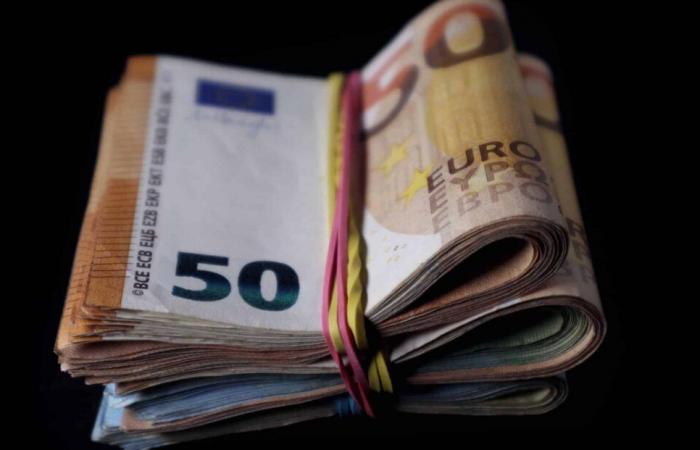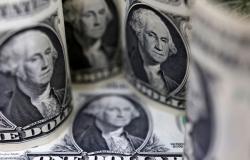The informal currency exchange market in Algeria continues to experience notable variations. Recent government measures, notably the increase in the tourist allowance, are influencing prices, while major currencies are recording moderate declines on the black market.
This Sunday, December 15, on the parallel market, the euro is trading at 256 dinars for purchase et 259 dinars on salea slight drop after having recently exceeded 260 dinars. Likewise, the US dollar stabilizes around 244 dinars for purchase et 247 dinars on sale.
Other currencies show similar variations. THE Canadian dollar settles at 169 dinars for purchase et 172 dinars on salewhile the livre sterling reached 304 dinars for purchase et 307 dinars for sale.
Economy
Towards strict regulation of tourist allocation to avoid diversion towards the black market?
It must be said that the announcement by Algerian President Abdelmadjid Tebboune of an increase in the tourist allocation to 750 euros per adult from 2025 could reduce pressure on the parallel market. However, economists emphasize that this allocation, although improved, remains insufficient to completely eliminate black market activity, still fueled by restrictions on access to currencies in official circuits.
Stability of rates on the official market
On the official side, the rates published by the Bank of Algeria indicate relative stability. The euro is listed there at 140.56 dinars for purchase et 140.59 dinars on salewhile the US dollar is at 133.57 dinars for purchase et 133.59 dinars on sale.
The Bank also maintains stable rates for currencies such as the Canadian dollar (94.43 dinars for purchase) or the United Arab Emirates dirham (36.36 dinars for purchase). These significant differences with the parallel market perpetuate significant dependence on it.
Thus, informal market instability reflects broader economic imbalances in Algeria. Although recent reforms, such as the increase in tourism allocation, are perceived positively, they are not enough to effectively regulate foreign exchange flows. A sustainable reduction in dependence on the black market will require more comprehensive reforms and expanded access to foreign exchange through official banks.
Economy
Currency black market: the euro falls against the Algerian dinar
Impact of the announcement on tourist allocation
The increase in the tourist allowance to 750 euros per adult et 300 euros for minors marks an important step in the government's efforts to ease financial pressure on Algerian travelers. This measure aims to provide a more accessible alternative for acquiring foreign currency, thereby reducing dependence on foreign exchange dealers operating on the black market. In the short term, this announcement has already led to a moderate fall in the prices of the euro and the dollar on the informal market.
However, economists believe that this increase, although significant, remains limited in the face of travelers' growing needs for extended stays or expensive destinations. Many Algerians, facing strict restrictions on obtaining foreign currency through official banking channels, continue to obtain their supplies from the black market, where the required amounts can be obtained without limit, although often at higher rates.
Can we eradicate the black market?
The Algerian authorities have increased initiatives to stem informal practices, which deprive the national economy of precious foreign exchange. In addition to the increase in tourist allocation, regulations have been put in place to limit the outflow of undeclared currencies and strengthen customs controls. For example, travelers can no longer travel with an amount of foreign currency greater than 7 500 euros when they leave the territory.
At the same time, awareness campaigns on the advantages of official channels and the establishment of competitive rates in public banks aim to divert citizens from the black market. These efforts are also accompanied by increased punitive measures against informal exchange networks, with financial and criminal sanctions to deter their proliferation.
Economy
A big change for car insurance in Algeria
But despite these efforts, completely eradicating the black currency market remains a complex challenge. The persistence of much more competitive rates on the informal market compared to official banks maintains a strong attractiveness for users. To reduce this dependence, the government will have to expand access to foreign currencies in official channels and gradually align bank rates with those practiced on the parallel market.






